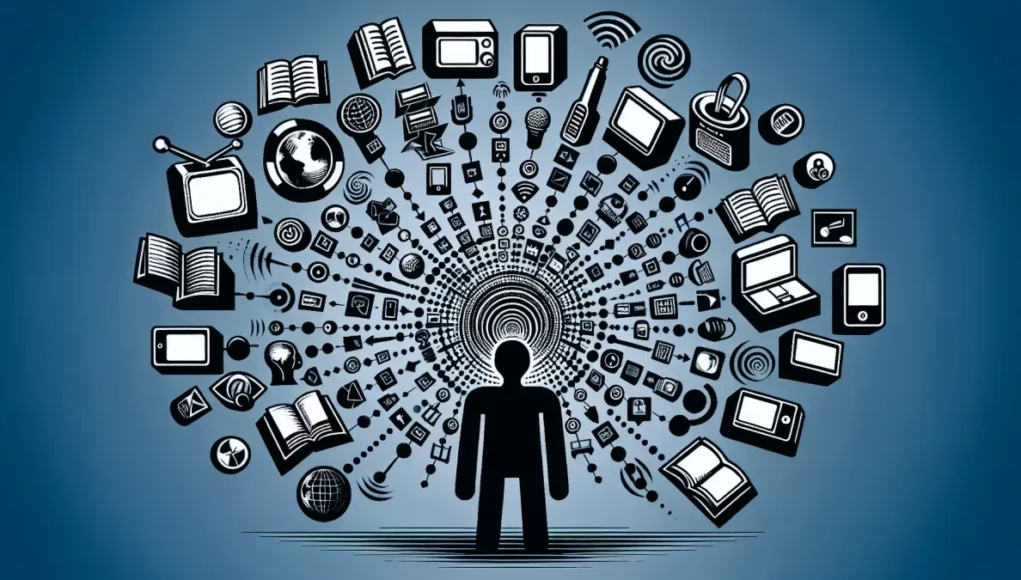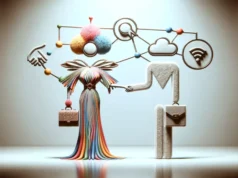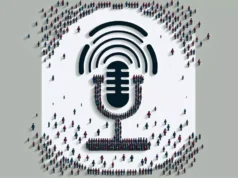In the age of connectivity, the evolution of media from segregated, straightforward channels into interconnected, multifaceted platforms is a manifest reality. This weaving together—of devices, platforms, and content—to bring an all-encompassing experience to the audience is known as media convergence. Today, we are witnessing incredible advancements in technology, fundamentally upending business models, and reshaping how we consume news, entertainment, and data.
Traditionally, media forms—print, broadcast, and digital—operated independently, each with a unique form of content delivery. Print media flourished with newspapers and magazines, broadcasting thrived with radio and television, and the digital medium prospered with the Internet. However, with the advent of digital transformation, these silos have started to blur, resulting in media convergence.
Media convergence erases the dividing lines between these platforms, delivering an amalgamated, enriched, and multilayered experience. In an environment of media convergence, the audience uses multiple devices and platforms interchangeably and simultaneously to read, watch, hear, comment, share, and react to the same piece of news or entertainment content.
This phenomenon is transforming the media landscape in unprecedented ways. Consumers no longer passively receive information but participate actively, adding their own perspectives and insights. News organizations and media networks are leveraging this potential to create a richer, engaging, and interactive experience for their audience.
BBC, a pioneer in venturing media convergence, is an excellent case in point. They introduced ‘BBC Sounds,’ a new digital platform hosting radio, music, and podcasts. Users can switch between an array of content, all available in one place, thus significantly enhancing the media consumption experience.
Likewise, The Walt Disney Company’s streaming service—Disney+ has integrated content from its various franchises, including Pixar, Marvel, Star Wars, and National Geographic, transforming itself into a one-stop-destination for diverse entertainment content.
Media convergence has also paved the way for emerging content formats like podcasts and web series. The New York Times’ ‘The Daily’ podcast and Netflix’s interactive series ‘Bandersnatch’ reflect how media organizations are innovating their content strategies to cater to the evolving demands of their audience.
The magic of media convergence lies in its personalization capabilities. Media companies like Spotify and Netflix collect and analyze massive user data to understand individual preferences and recommend personalized content, enhancing user experience significantly.
However, such convergence comes with its own set of challenges. Traditional newsrooms and media companies are grappling to adapt their workflows, structures, and strategies to this new media milieu. They need to rebuild their capabilities for generating cross-platform content, manage data privacy concerns, and toughen competition.
Despite these hurdles, the transformation to media convergence is inevitable. As we embrace the habits of consumption born out of this interconnected landscape, we prepare ourselves for an evolving media ecosystem where news, entertainment, data, and conversations flow without any bounds. The future is all set to be bundled in an all-encompassing media experience—unified yet diversified, individualized yet universal.
In the final analysis, media convergence stands as a gateway to unprecedented possibilities and challenges in the way we consume, understand, and interact with media. This amalgamation of multiple platforms is not just redefining the landscape of media but is continuously enhancing the various facets of audience engagement, thereby disordering the old and creating an order anew.
Sources:
1. BBC Sounds: Transforming the Listener Experience – https://www.bbc.co.uk/sounds
2. Disney+ The Future of Entertainment – https://www.thewaltdisneycompany.com/
3. The New York Times’ ‘The Daily’ Podcast – https://www.nytimes.com/column/the-daily
4. Bandersnatch – https://www.netflix.com/title/80988062
5. Spotify and Personalization – https://www.forbes.com/sites/forbestechcouncil/2019/06/20/the-future-of-everything-as-a-service/
6. Media Convergence Challenges – https://www.researchgate.net/publication/277026661_Media_Convergence_Challenges_for_Workplace_Studies






